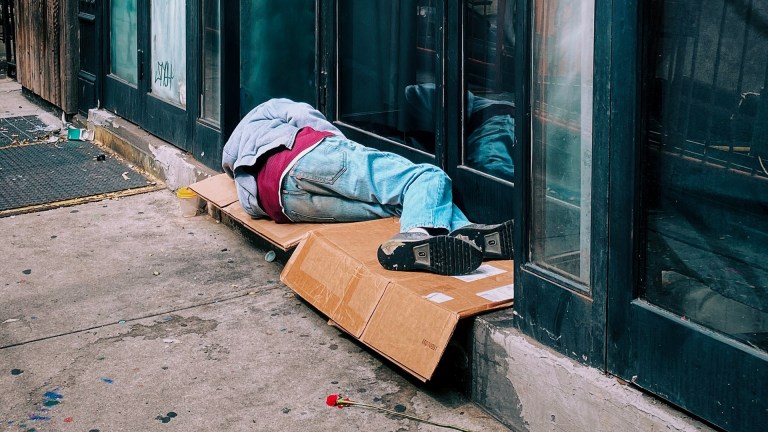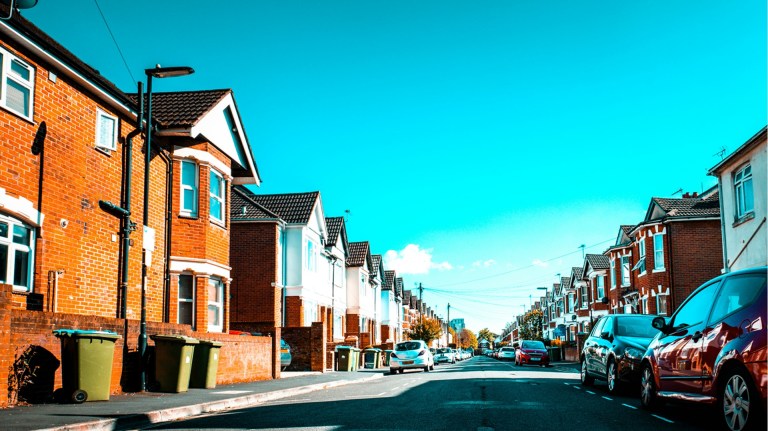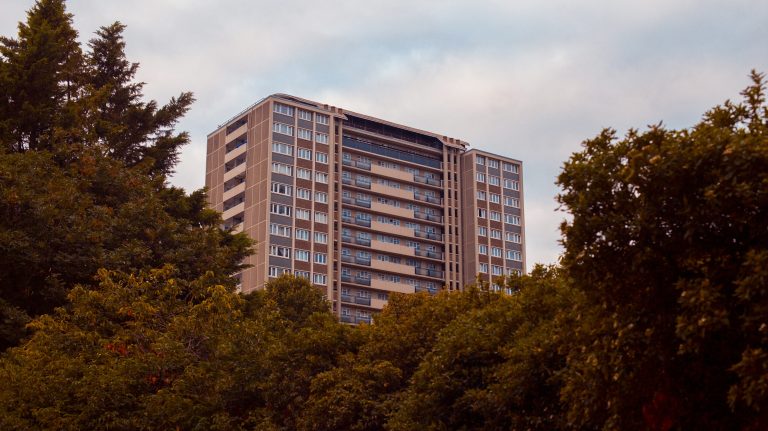Chancellor Jeremy Hunt has abandoned plans to introduce a 99% mortgage scheme in the Spring Budget amid warnings of inflated house prices and unaffordable mortgages.
Hunt and prime minister Rishi Sunak were reportedly considering the move as a last-ditch bid to convince voters to turn to the Tories in the upcoming general election by helping people overcome pricy deposits to get on the housing ladder.
The proposal would have seen the government become the loan backer but it sparked criticism that it could drive house prices skyrocketing and leave mortgage-paying households facing expensive mortgages or the risk of negative enquiry.
Instead, Hunt’s Spring Budget was light on housing announcements. The chancellor announced £242m funding to deliver 8,000 homes in Barking Riverside and Canary Wharf and a £20m community-led housing scheme but nothing else to affect access to the housing market.
Jonathan Bone, mortgage lead at Better.co.uk, said: “The allure of a 99% mortgage is undeniable – it offers a swift entry onto the property ladder for renters, eliminating the need for years of saving for a hefty deposit. Moving from renting to owning opens up doors for first-time buyers who have the opportunity to build equity in their home, potentially turning a profit as property values increase, unlike waving goodbye to your money when renting.
“Had the government’s proposal materialised, many first-time buyers might have found themselves stuck paying expensive mortgages, struggling to keep up with repayments and unable to remortgage elsewhere. The scheme could have also caused a surge in demand, further inflating house prices, and exacerbating the risk of negative equity for future buyers if the market faltered under the strain.





